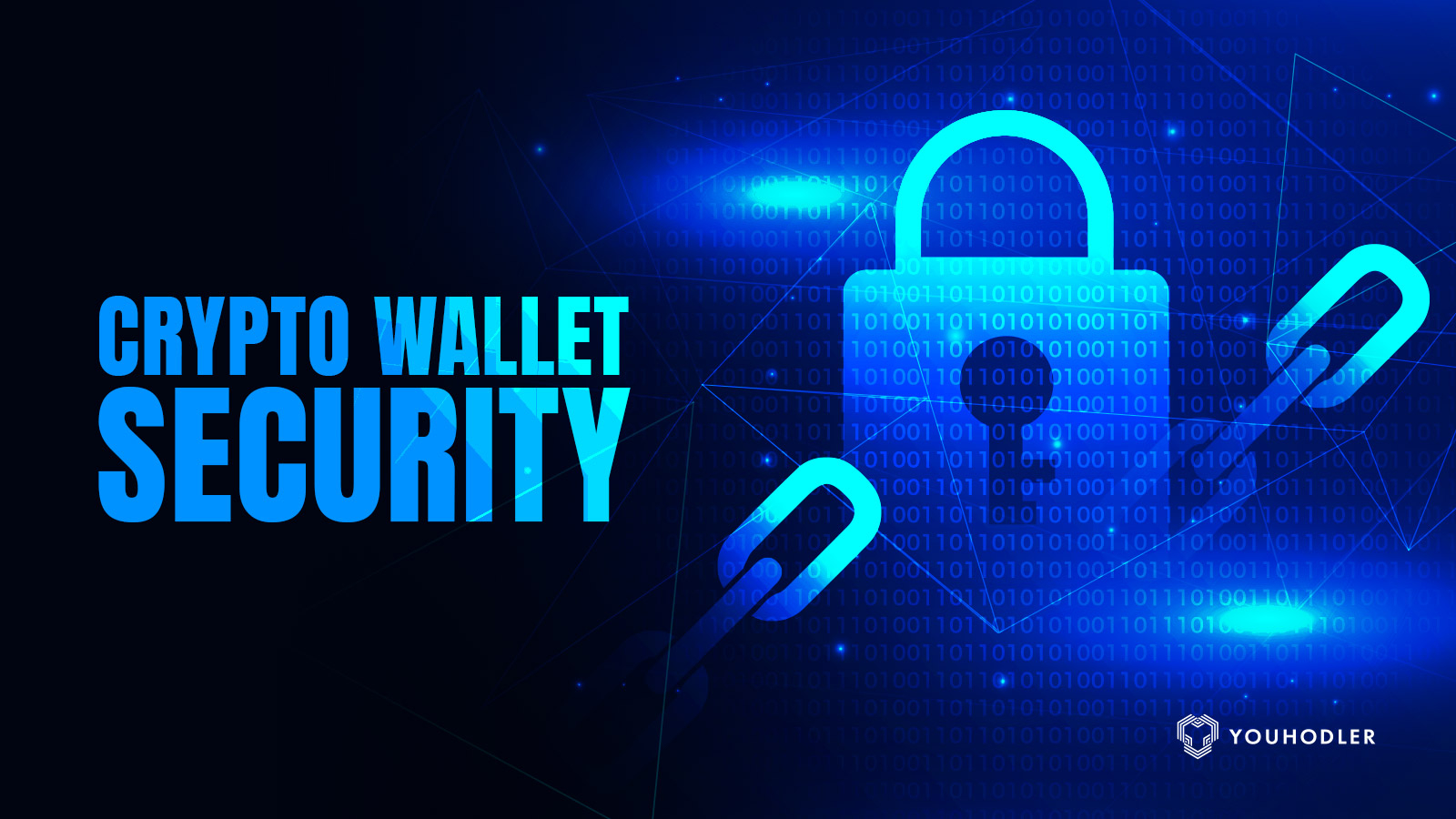Introduction
Understanding Crypto Wallets
Cryptocurrency wallets are essential for storing, sending, or receiving digital assets securely. But not all wallets are created equal—some prioritize convenience, while others focus on security and anonymity. If you value privacy and safety, choosing the right wallet is crucial.
Why do Security and Anonymity Matter?
The Risks of Insecure Wallets
Holding crypto in an unsecured wallet is like leaving cash on a park bench—anyone can take it. Hackers, scammers, and malicious actors are always on the lookout for vulnerabilities. Anonymity, on the other hand, ensures that your transactions are private and untraceable.
Types of Crypto Wallets
Hot vs. Cold Wallets
Crypto wallets fall into two main categories:
- Hot Wallets: Connected to the internet, offering convenience but more vulnerability.
- Cold Wallets: Offline storage, significantly reducing hacking risks.
Hardware Wallets
Best Hardware Wallets for Security
Hardware wallets provide the highest level of security as they store private keys offline. Some of the best options include:
- Ledger Nano X – Offers Bluetooth connectivity with military-grade security.
- Trezor Model T – Open-source firmware with robust encryption.
- Coldcard Wallet – Focused on Bitcoin security, offering air-gapped transactions.
Software Wallets
Top Software Wallets for Anonymity
If you need a software-based solution with privacy in mind, consider:
- Wasabi Wallet – Bitcoin-focused with CoinJoin mixing for anonymity.
- Samourai Wallet – Features stealth mode and Tor integration.
- Exodus – User-friendly with built-in privacy features.
Mobile Crypto Wallets
Features of Secure Mobile Wallets
- Biometric authentication for quick access
- Encrypted backups
- Integration with decentralized exchanges (DEXs)
Web Wallets
Are They Safe for Anonymity?
Web wallets are convenient but generally not the best for privacy. However, MetaMask with Tor or Blockstream Green offers improved security.
Paper Wallets
The Ultimate Cold Storage Solution?
A paper wallet is a printed copy of your private and public keys. While highly secure, they are prone to physical damage and loss.
Multi-Signature Wallets
How They Enhance Security?
Multi-signature (multi-sig) wallets require multiple approvals for transactions, reducing the risk of single-point failures.
Open-Source vs. Proprietary Wallets
Which One is Better?
Open-source wallets allow public audits, ensuring transparency. Proprietary wallets rely on closed-source security measures, which can be a double-edged sword.
Best Practices for Using Crypto Wallets
Keeping Your Funds Secure
- Use strong, unique passwords
- Enable two-factor authentication (2FA)
- Regularly update firmware and software
- Backup your seed phrase securely
How to Stay Anonymous in Crypto Transactions
Tips for Privacy-Conscious Users
- Use wallets with built-in privacy features
- Route transactions through Tor or VPNs
- Avoid KYC (Know Your Customer) exchanges
- Utilize privacy coins like Monero (XMR)
Top 5 Crypto Wallets for Security and Anonymity
A Detailed Comparison
| Wallet | Security Level | Anonymity Features | Best For |
| Ledger Nano X | High | Low | Long-term storage |
| Trezor Model T | High | Medium | Multi-asset security |
| Wasabi Wallet | Medium | High | Bitcoin privacy |
| Samourai Wallet | Medium | High | Mobile anonymity |
| Coldcard Wallet | Very High | Medium | Bitcoin-only security |
Common Mistakes to Avoid
Security Pitfalls in Crypto Storage
- Leaving funds on exchanges
- Sharing private keys
- Using outdated wallets
- Ignoring wallet backups
Conclusion
Choosing the best crypto wallet requires balancing security and anonymity. If privacy is your priority, opt for wallets like Wasabi or Samourai. If security is the main concern, hardware wallets like Ledger and Trezor are your best bet. Stay informed and always follow best practices to protect your assets.
FAQs
1. What is the safest type of crypto wallet?
Hardware wallets like Ledger and Trezor are considered the safest as they store private keys offline.
2. Can I stay completely anonymous with crypto?
While difficult, using privacy-focused wallets, mixing services, and privacy coins like Monero can enhance anonymity.
3. Are mobile wallets secure?
Some mobile wallets like Samourai and Wasabi offer excellent security features, but they are still connected to the internet, making them more vulnerable than cold wallets.
4. How do I recover a lost crypto wallet?
If you backed up your seed phrase, you can restore your wallet on another device. Without it, recovery is nearly impossible.
5. Are paper wallets still a good option?
Paper wallets are secure against hacking but risky due to physical damage or loss. They work best as a long-term cold storage option.
